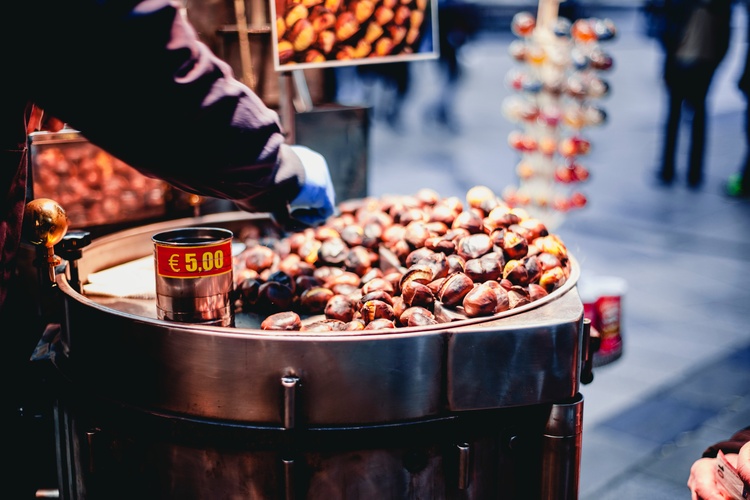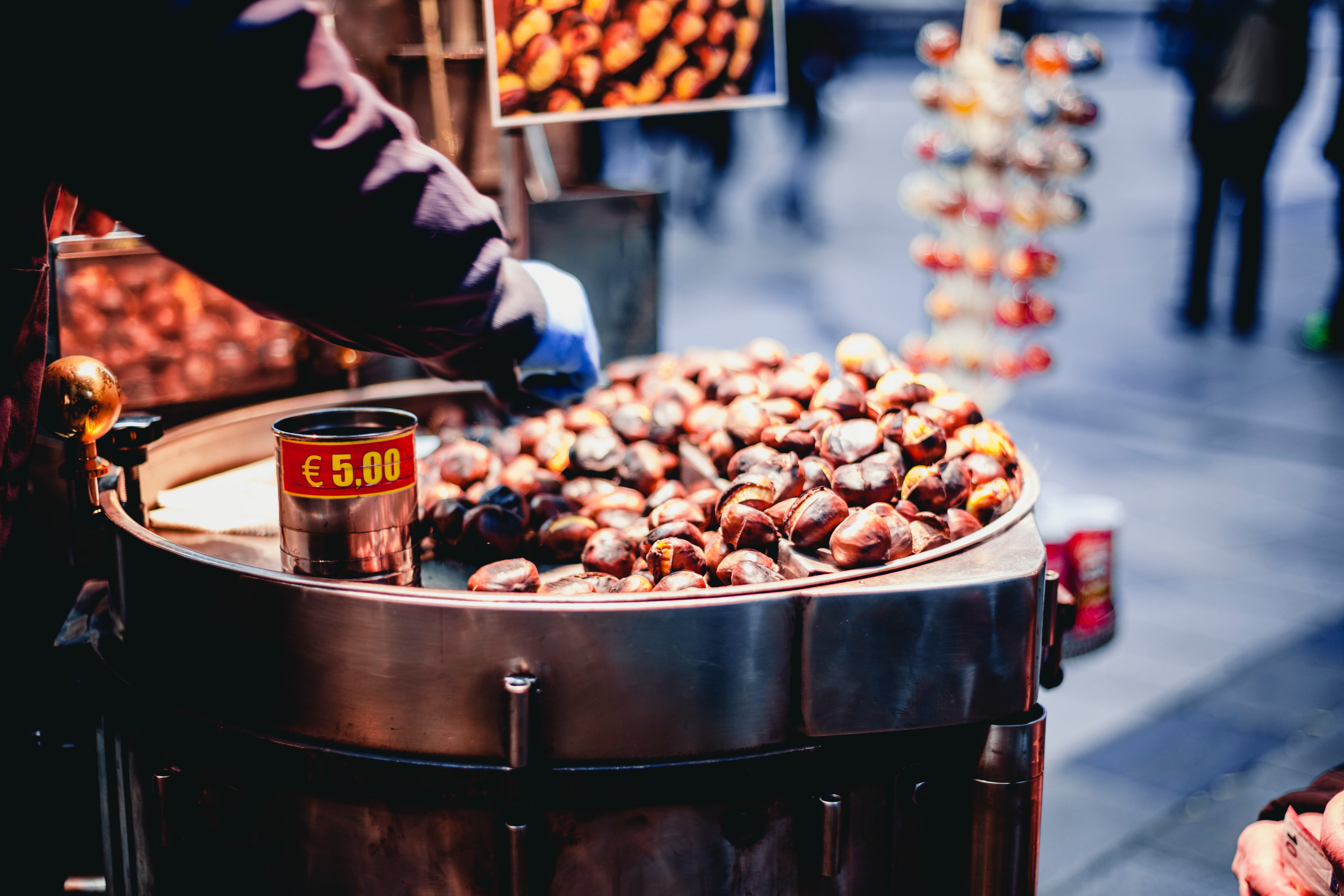The day is set to be a gorgeous one, with predicted blue skies for the annual Castagne Day, which will feature a market, international food stalls, carnival rides for the kids and hot roasted chestnuts.
More than 5000 people are expected to attend the cultural celebration.
Thirty years ago, club member Emilio Felli built a chestnut roaster which continues to operate today, serving warming and wholesome chestnuts to the contented attendees.
Each year, Felli cooks around 1100 kilograms of chestnuts for the customers.
“It’s enjoyable to cook them and to see the people enjoying them,” he told the Illawarra Mercury.
The chestnut is a tree with an ancient history.
Fossil records show that the genus Castanea dates back as far as 60 million years ago.
The sweet chestnut was introduced to Europe from Sardis, an ancient city in the Turkey region, and has been a staple food for millennia, particularly in mountainous regions where other cereals will not grow.
The tree has traditionally been seen as a metaphor for life, through its cyclical nature of existence as it passes through the seasons from birth, to fruiting, death and rebirth.
Due to the capacity of its fruits to feed entire mountain populations, in Italy the chestnut took the title of breadfruit.
Chestnuts boiled, roasted, in soup, dried and turned into flour are the basis of many ancient recipes which still survive today.
Chestnuts are roasted and eaten in the autumnal October and November months, all over Italy, in festive celebrations called castagnate.
The nut will fall off the tree when they are ripe enough to be eaten, but you must pick up them up off the ground within two days of their falling for them to still be in a good enough condition to eat.
Chestnuts are extremely high in fibre, which is great for the gut and gives us that full feeling which stabilises our blood sugars.
They are the only nut that contains Vitamin C, and they are also rich in antioxidants.
Head on over to The Fraternity Club this Sunday for your chestnut fix.
Purchase your tickets online.












